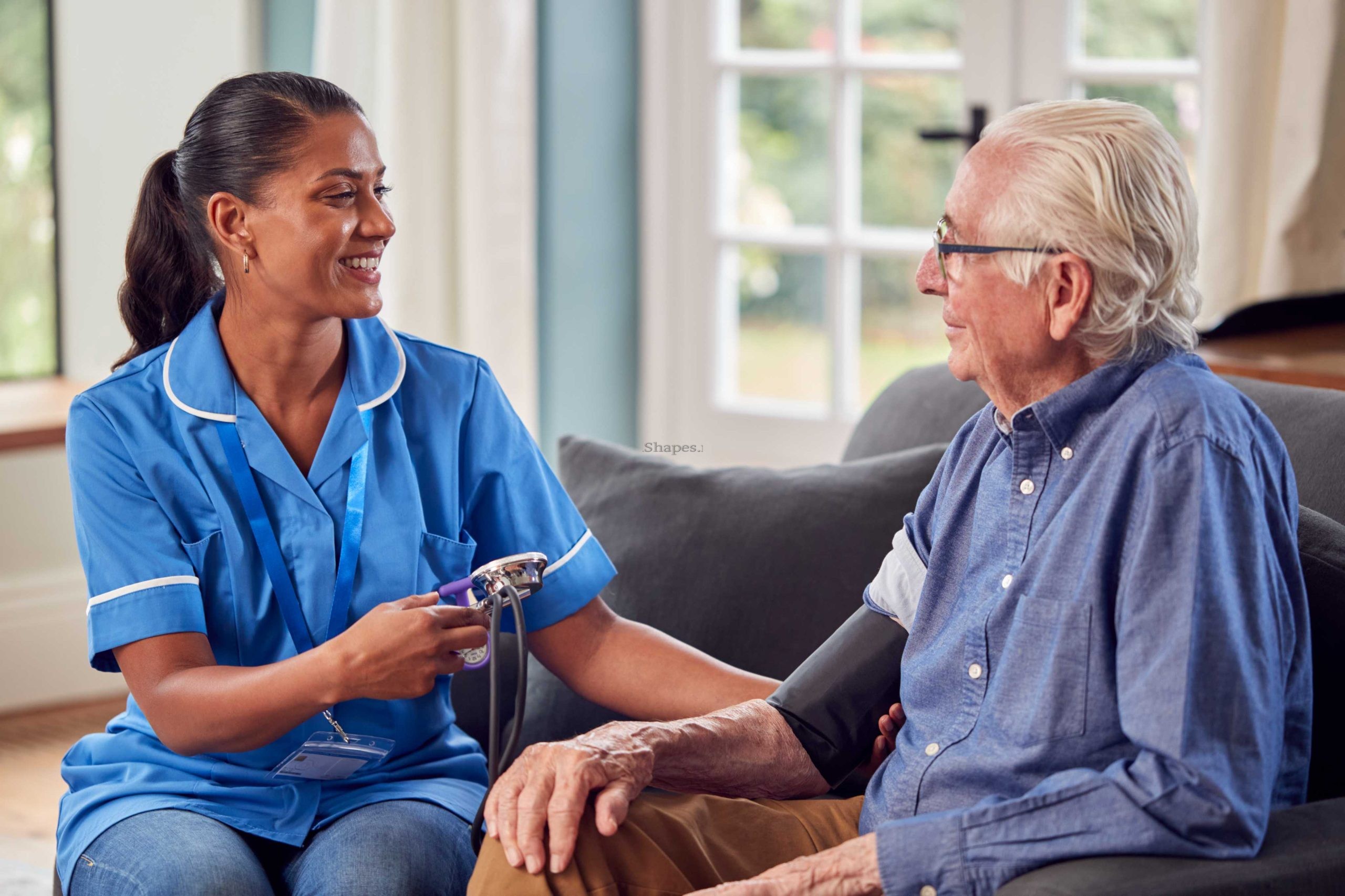How to Drink with Concussion: A Concussion Recovery Guide
It’s very important to know about food, drink especially about drink with concussion. Once upon a time, you got hurt playing sports. Maybe it was a big collision in your…
How to Travel with a Dog | Guide to Traveling with Your Dog: Tips, Tricks, and Must-Haves
Are you planning your next adventure and trying to find out how to travel with a dog, but can’t bear the thought of leaving your furry friend behind? You’re in…
Traveling with Breast Milk: A Guide to Hassle-Free Journeys
Are you a breastfeeding mother who loves to travel but dreads the hassle of carrying breast milk through airport security? Look no further! In this comprehensive guide, we will walk…
Enhance Quality of Life with Home Health Care Services: Your Guide to Exceptional Care
Are you looking for exceptional home health care services to enhance your quality of life? Look no further! Home Health Care services can provide you with the utmost care and…
Hawaii Travel Packages: Discover the Paradise of the Pacific with Exclusive Deals!
Travel Hawaii packages Airlines Travel Hawaii packages Hotels Travel Hawaii packages Hotel Lists Escape to the breathtaking paradise of the Pacific with our exclusive Hawaii travel packages! Immerse yourself in…
8 Swimming Levels To Learn for Lifelong
Whether you’re a child, teen, adult, or senior, learning to swim is an important life skill. Knowing how to swim not only can save your life but also the lives…
5 Best Ginger Juicer For Your Health: Top Picks & Reviews
Ginger is a largely popular ingredient in every kitchen. Let’s find out Best Ginger Juicer for Your Health. From cooking to health issues, ginger has loaded with A-graded benefits. The…
8 Types of Cancer Treatments
8 Types of Cancer Treatments currently used in medical world. Get knowledge on Types of Cancer Treatments, care for your body, don’t overuse it, be smart, eat smart. Daily news…








